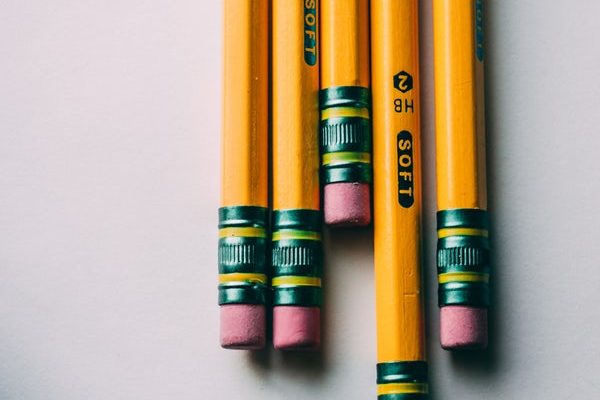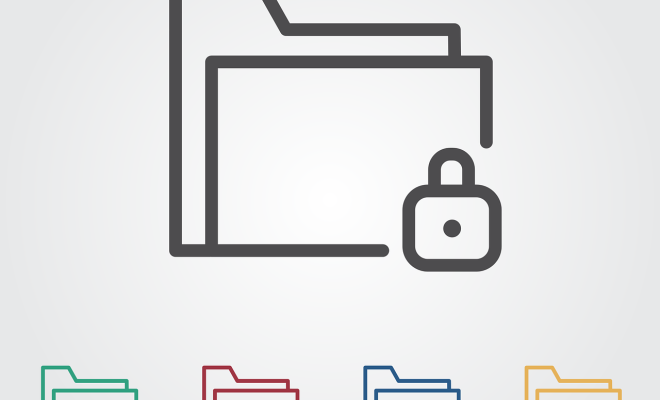TPaCK Framework: Everything You Need to Know

In the TPACK, or Technological, Pedagogical, and Content Knowledge Framework, teachers need to recognize the relationship between content and pedagogy. A solid understanding of the interconnectedness of technical know-how, pedagogical know-how, and knowledge of the material itself/content is critical to the active utilization of edtech. The framework was introduced by Matthew J. Koehler and Punya Mishra n 2006.
The TPACK framework has three components. These include:
Technological knowledge: It helps teachers utilize and combine technology with teaching. Teachers can use their knowledge and comprehension of tools to teach.
Pedagogical knowledge: It stands for the art and practice of teaching. Pedagogy not only stands for the accuracy of knowledge but the teaching’s effectiveness on the student’s learning. A teacher might know everything but doesn’t know how to teach.
Content knowledge: It refers to the teacher’s knowledge of the subject matter to be taught or learned. This knowledge will include knowledge of ideas, concepts, frameworks, and theories.
TPACK is a crucial element of the education system today as it includes the increasing demand for the utilization of technology in the classroom and continuing the focus on the content and the way educators teach it. Therefore, it sets both education and the students up for the future.
The teacher must be fully knowledgeable and up to date with the curriculum and the elements of TPACK to successfully incorporate it into their lessons. Students of the millennium perform better through technology and quite often find direct teaching and the content stale. Therefore, by adding the technology element to the already present PCK model, educators can make the students more engaged in their learning.
The TPACK approach doesn’t view the knowledge areas in isolation. Instead, it emphasizes the intersections of the knowledge areas as the following:
· Technological Content Knowledge (TCK): Understanding how the technology tools available to teachers can transform or enhance the content, how it’s delivered to pupils, and how the students can interact with it.
· Pedagogical Content Knowledge (PCK): Knowing the best practices for teaching particular content to particular students.
· Technological Pedagogical Knowledge (TPK): Knowing how to utilize the technology tools as a vehicle to the learning experiences and outcomes teachers want.
Probably the most obvious benefit of the TPACK framework is that it allows teachers to reflect on and examine their practice and the way technology is integrated into the classroom. It also recognizes the crucial intersections between tech, pedagogy, and content.






